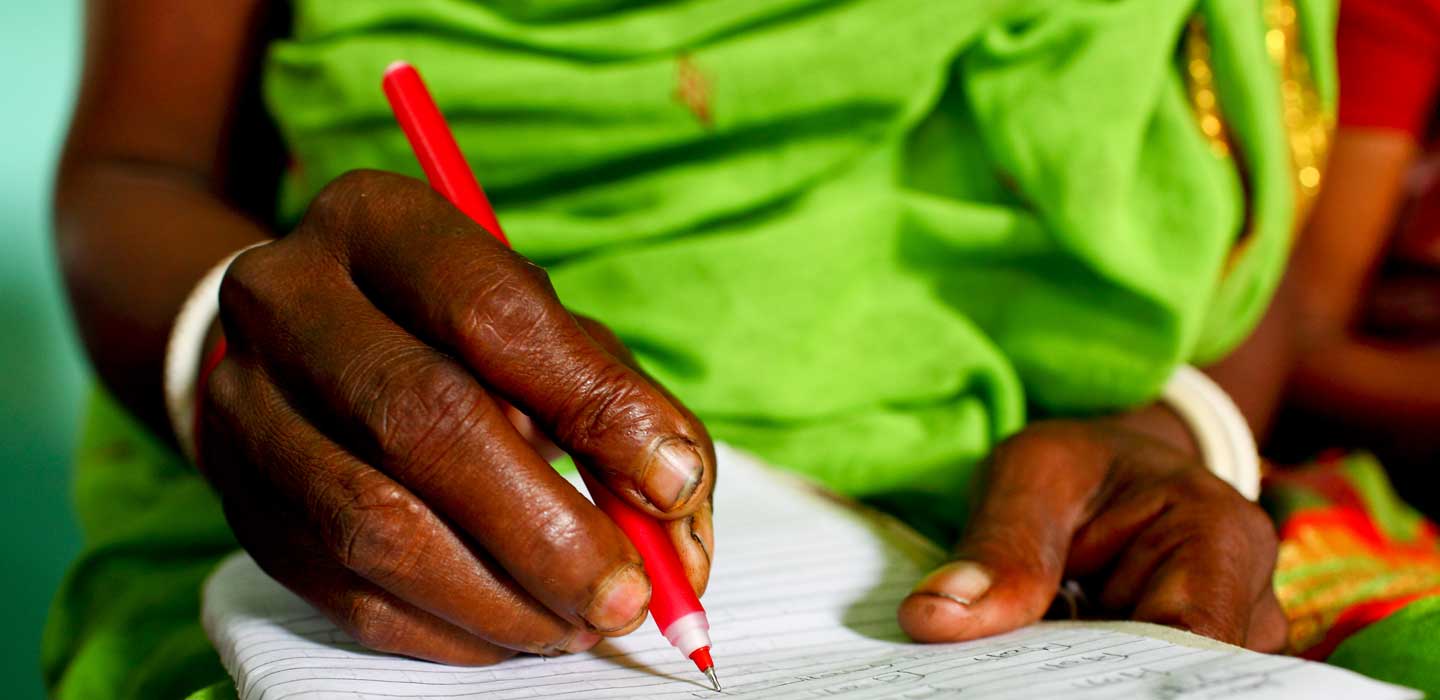Blogs
Blogs

Blogs
Asset Publisher
Manual Submenu Topics
Search Results Filters
Search Results
Transforming rural agriculture through technology and innovation
Despite the African continent holding the world’s most arable land and the agricultural sector employing over half of the population, Africa is still struggling with food production and food insecurity.
Promoting renewable energy technologies for small-scale farmers in Cambodia
Renewable energy technologies are an increasingly important part of small-scale agriculture. IFAD’s S-RET project is bringing these technologies to farmers throughout Cambodia – and it’s recently been selected as a GEF Global Good Practice Project.
Diving in on aquatic foods: IFAD investments create rural opportunities
The blue economy opens the space for IFAD to reach more rural people in the most challenging situations, and to get them out of poverty.
Taking stock of IFAD’s digital agriculture efforts in the Asia-Pacific region
Digital agriculture is an indispensable part of strengthening food systems. IFAD’s recent stocktake of our ICT interventions in the Asia-Pacific region has revealed over 50 active solutions and some critical gaps to address.
A platform to take household methodologies to scale
The Empower@Scale platform helps organizations to address the root causes of gender inequality by incorporating household methodologies (HHMs) into their projects, which address the embedded gender biases and discrimination against women at the household level.
Livestock key to combatting climate change in Kyrgyzstan
Livestock-based food systems can be climate-friendly if managed well. A new assessment tool is helping governments calculate and predict their livestock emissions for use in their NDCs.
Thriving food systems and nutritious food for all go hand in hand
Malnutrition, and the toll it takes on human health and societies, is directly linked with the health of our food systems. Creating sustainable, resilient and inclusive food systems will make lasting improvements in global health, nutrition and productivity.
Efforts to restore tropical peatlands need fire-free plantations
Peatlands across south-east Asia have been cleared for agricultural purposes, leading to a sharp increase in fires. To reverse course, we need to transition to sustainable, fire-free peatland management practices.